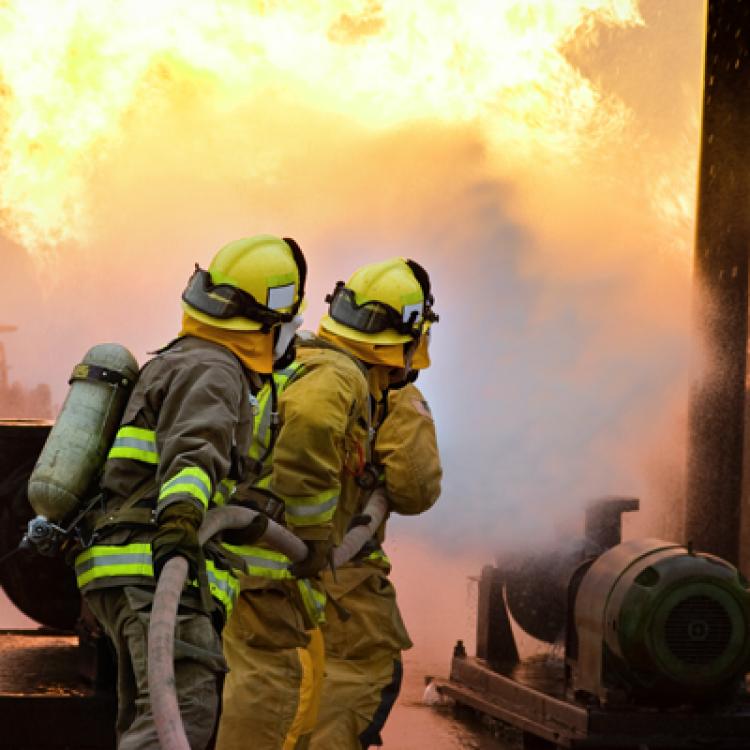Is your pre-loss risk assessment up to scratch?

Dame Judith Hackett's post-Grenfell report warns of underqualified fire risk assessors, some of whom can have just two days' training. Prof. James Lygate of IFIC Forensics explains the importance of exercising careful due diligence.
IFIC Forensics can report an increased interest in pre-loss risk assessments from delegates visiting our stand at Airmic's annual conference in June this year. Of particular interest were fire risk assessments related to property portfolios, perhaps linked to the Grenfell Tower Inquiry, the pending reforms of the building regulations and fire safety guidance and the recent high profile heritage fire at Notre Dame.
Risk managers have long recognised the valuable information to be gained from performing a pre-loss fire risk assessment, informing their risk mitigation and risk management strategies. Decision makers in the insurer claims function are also increasingly seeing the added value to clients by offering pre-loss activities.
The ability to identify potential vulnerabilities and discuss options for risk reduction can engender a partnership approach, moving the client away from a premium-based transactional relationship which typically results in less loyalty at renewal. Underwriters, meanwhile, naturally welcome the detail available from a pre-loss assessment which can assist them in accurately pricing the risk.
Exercise due diligence on fire risk assessors
In the bid to be both fully informed and customer centric, it is vital to ensure that fire risk assessments are undertaken by suppliers with the appropriate technical expertise. A Chartered Fire Engineer will have an in-depth understanding of the building regulations and fire safety requirements; recognise the applicability of small-scale fire tests to demonstrating compliance; and knows how building materials react to fire and their role in promoting and resisting fire spread.
This level of detail is crucial in order to fully assess the risk, to recommend risk mitigation measures and to conclude that a building complies with regulations. It is also necessary for ensuring that the fire suppression systems and evacuation plans are apposite should a fire break out.
Dame Judith Hackitt's recommendations for building regulations and fire safety in the wake of the Grenfell Tower tragedy identified the fact that people without well-established experience and qualifications are able to offer their services as fire risk assessors. It is true that some fire risk assessors are advertising their services after simply completing a two-day training course and applying for inclusion on the Approved Fire Risk Assessors list. There is a stark difference between a fire risk assessor and a Chartered Fire Engineer.
It is interesting to note that an expert in fire safety law speaking recently at the FIREX International Conference reported that some of the common issues which are routinely being investigated after the Grenfell Tower tragedy include a lack of fire risk assessment, evacuation planning and the use of appropriate materials. It was also suggested that in the future, fire safety professionals could be held accountable for fire safety breaches in the same way as building owners.
Liability is shifting
A trend which is apparently emerging is for building owners, occupiers and those classified as responsible persons, as defined under the Regulatory Reform Fire Safety Order (RRO), to seek to 'push liability down' to the experts from whom they have sourced advice. In order for this approach to be effective, there is a crucial need to demonstrate that thorough and appropriate due diligence was applied when instructing the expert to ensure that they unequivocally hold the appropriate fire safety expertise.
We are encouraged to see the market's increased interest in pre-loss fire risk assessments which can support commerce and improve public safety. It remains to be seen whether, as previously announced, the legislation to implement Dame Judith Hackitt's recommendations for building regulations and fire safety "will be brought before parliament later this year" and too, whether any plans unfold to address the need to better regulate the providers of fire risk assessments.
Meanwhile, in the current operating environment, exercise caution when appointing a supplier to carry out a pre-loss fire risk assessment and ensure they hold the appropriate fire engineering competence, enabling you to rely on their findings and make informed decisions.
Prof. James Lygate is chairman and principal investigator at IFIC Forensics.
